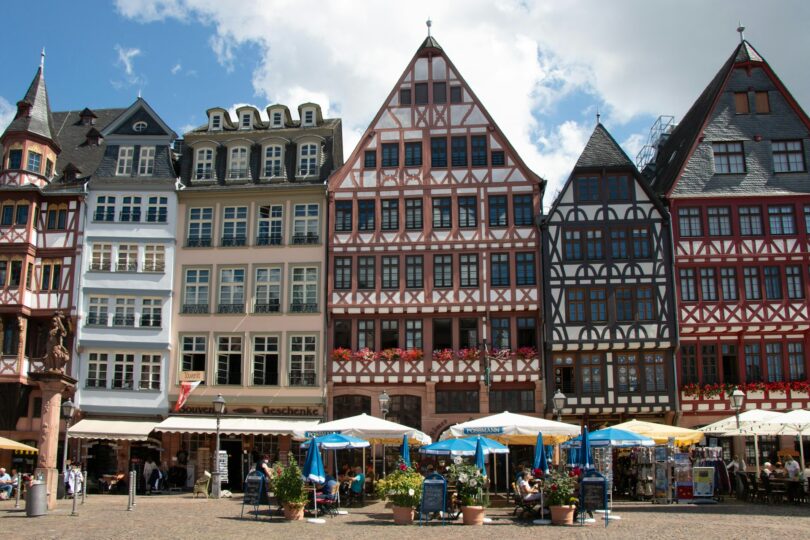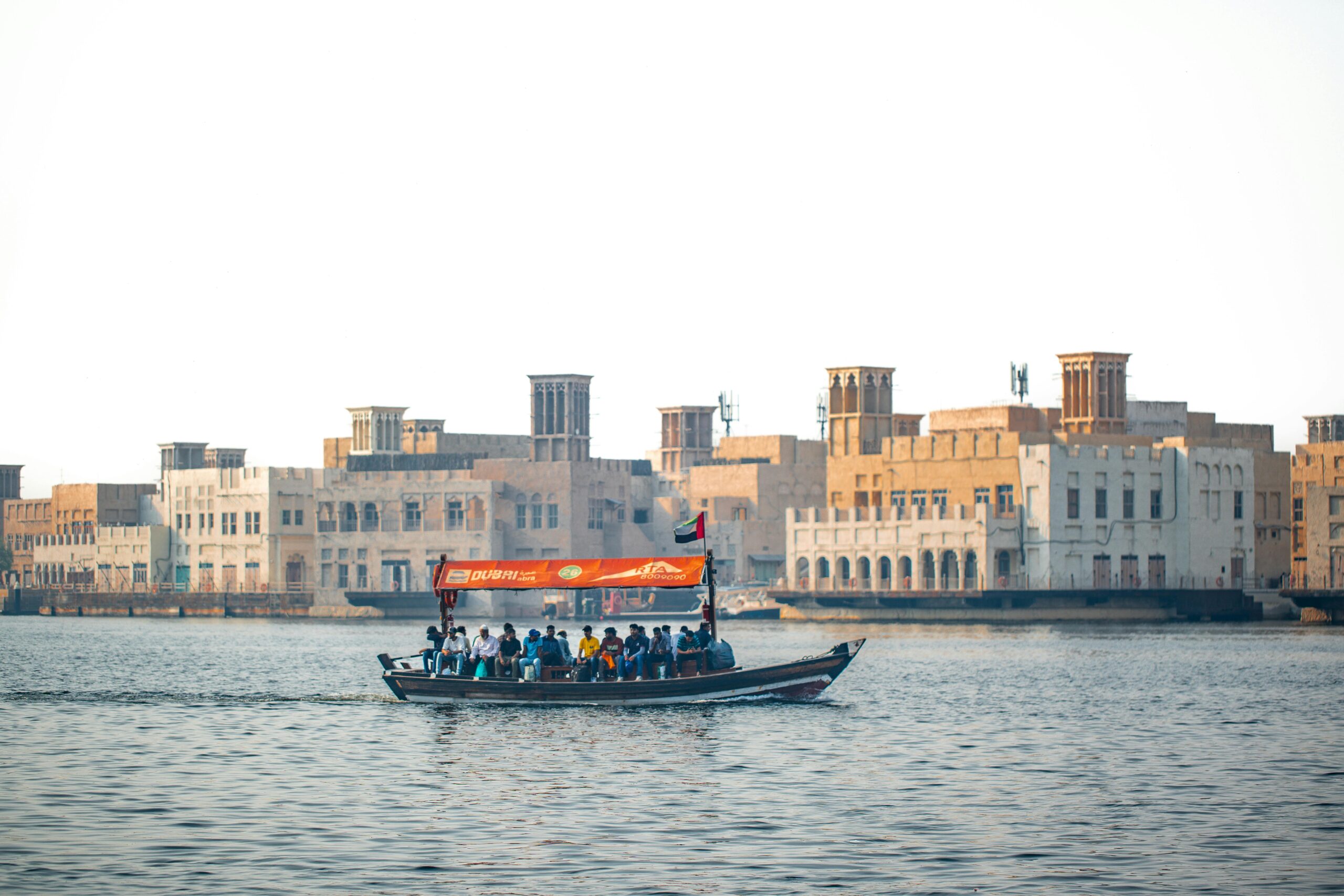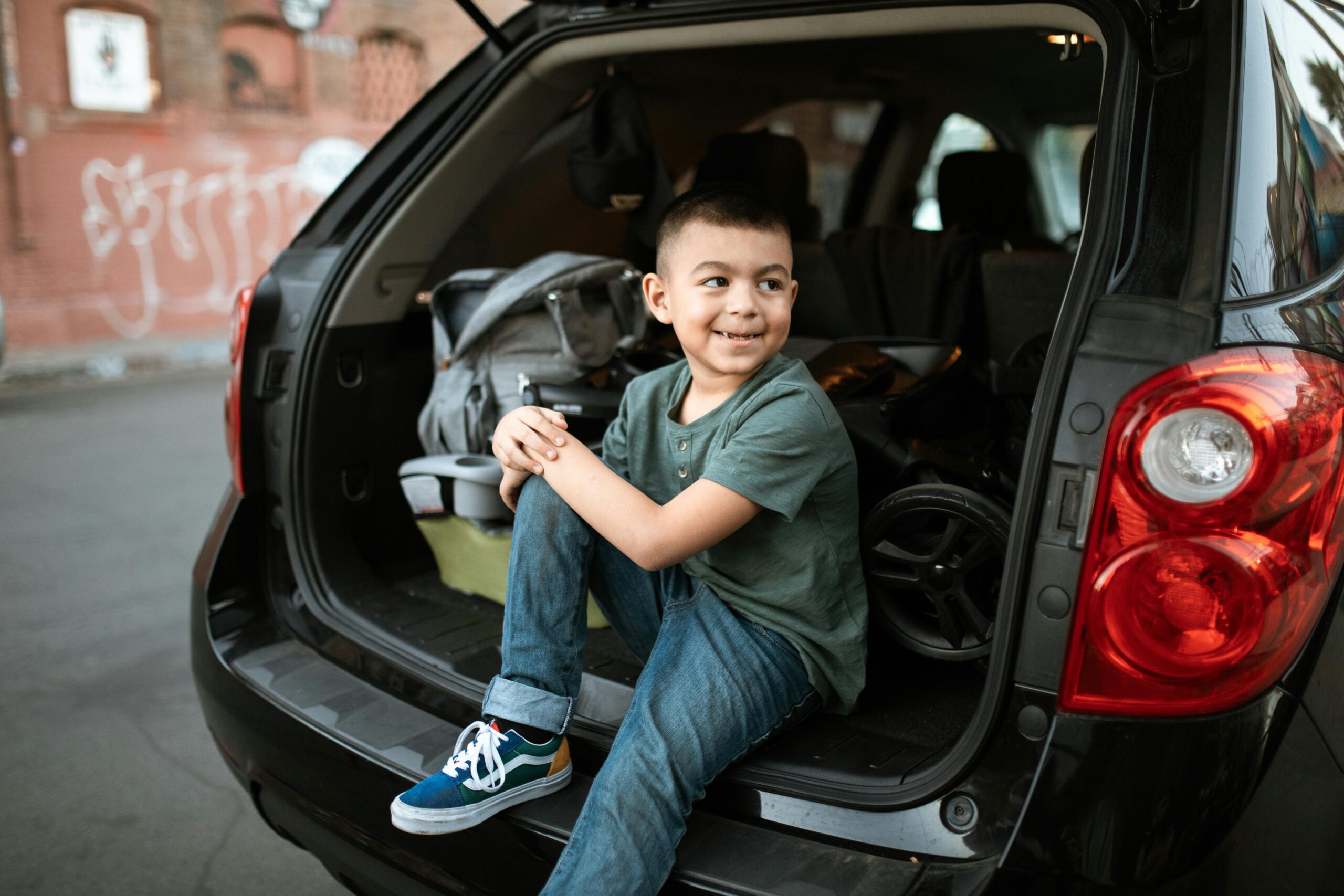How to Travel in Europe on a Budget?
Travel in Europe is one of the most popular travel destinations in the world. With its rich history, diverse cultures, breathtaking architecture, and scenic landscapes, it’s a dream for many. However, traveling through Europe is often considered expensive. The good news? It doesn’t have to be! With smart planning and a few insider tips, you can explore Europe on a budget without compromising on experience.
In this article, we’ll guide you through practical ways to travel across Europe while saving money. Whether you’re a student, backpacker, or budget-conscious traveler, these strategies will help you make the most of your European adventure.
1. Plan Ahead but Stay Flexible
Book Early for Deals
Flights, trains, and accommodations are often cheaper when booked well in advance. Budget airlines like Ryanair, EasyJet, and Wizz Air frequently offer low-cost tickets if booked months ahead. Similarly, train tickets—especially in countries like France, Italy, and Germany—can be much cheaper when purchased early.
Flexibility Saves Money
While it’s smart to book major travel and accommodation early, having flexible travel dates can save you big. Use fare comparison tools like Skyscanner and Google Flights to see the cheapest days to travel. Traveling mid-week or during off-peak seasons can reduce costs dramatically.
2. Choose Budget-Friendly Destinations
Eastern and Central Europe
Countries like Poland, Hungary, Romania, and the Czech Republic offer amazing experiences at a fraction of Western European prices. Meals, transport, and accommodations are generally far more affordable.
Avoid Tourist Traps
Famous cities like Paris, London, and Venice can be pricey. Consider alternatives—visit Lyon instead of Paris, Porto instead of Lisbon, and Ghent instead of Brussels. You’ll get an equally rich experience with fewer crowds and lower prices.
3. Budget Transportation Options
Flights with Budget Airlines
Europe has a wide range of low-cost carriers. These airlines offer incredibly cheap fares, especially for inter-city travel. Just be cautious of extra fees—luggage, seat selection, and airport transfers can add up.
Train Travel
If you plan to visit several cities or countries, consider a Eurail Pass. While it may seem expensive upfront, it allows unlimited train travel within a certain time frame and can save you money in the long run. For shorter trips, check out regional trains that are slower but significantly cheaper.
Buses
Long-distance buses like FlixBus, BlaBlaBus, and Eurolines are often the cheapest way to travel between cities. Though slower than trains or planes, they’re comfortable and perfect for budget travelers.
Carpooling
Services like BlaBlaCar offer ridesharing across Europe. It’s a great way to save money and meet locals.
4. Affordable Accommodation
Hostels
Hostels are the go-to option for budget travelers. Many European hostels offer clean beds, free Wi-Fi, kitchens, and even breakfast. Use sites like Hostelworld or Booking.com to compare prices and reviews.
Budget Hotels and Guesthouses
If you prefer more privacy, look for budget hotels, B&Bs, or family-run guesthouses. They often include breakfast and offer a cozy, local experience.
Vacation Rentals
Platforms like Airbnb and Vrbo offer shared rooms or entire apartments. Renting a place with a kitchen can save you money on food.
Couchsurfing
For the truly adventurous, Couchsurfing connects travelers with locals offering free places to stay. It’s also a great cultural exchange.
5. Save on Food and Drink
Cook Your Meals
Eating out three times a day can quickly drain your budget. If your accommodation has a kitchen, take advantage of local markets and cook your own meals. Supermarkets like Lidl, Aldi, and Carrefour offer cheap groceries.
Eat Where Locals Eat
Avoid restaurants near tourist attractions. Instead, look for local spots, bakeries, or street food vendors. Not only are they cheaper, but they often serve more authentic food.
Lunch Specials
Many restaurants offer cheaper set meals at lunchtime than at dinner. Take advantage of these deals and make lunch your main meal.
Tap Water is Free
In most European countries, tap water is safe to drink. Bring a reusable bottle to avoid buying bottled water.
6. Budget-Friendly Activities
Free Walking Tours
Almost every major city offers free walking tours led by local guides. These tours are informative, entertaining, and operate on a tip basis.
Museums and Attractions
Many European museums are free on certain days or have student/youth discounts. Always check the official website before visiting.
Examples:
-
The Louvre in Paris offers free entry on the first Sunday of the month.
-
Museums in London are mostly free year-round.
City Cards
Many cities offer tourism cards (e.g., Paris Pass, Berlin WelcomeCard) that give access to multiple attractions and free public transport. These can be worth it if you plan to visit many sites.
Nature and Parks
Europe is full of stunning natural beauty—beaches, mountains, lakes, and forests. Hiking in the Alps or swimming in the Adriatic doesn’t cost a dime.
Read More: How to Build Muscle at Home?
7. Travel Light
Avoid Luggage Fees
Budget airlines charge heavily for checked bags. Traveling with just a carry-on not only saves you money but also makes mobility easier. Pack smart and stick to essentials.
8. Use Public Transport and Walk
Public Transport is Your Friend
Most European cities have excellent public transportation systems—metro, trams, buses. Avoid taxis and use local transport passes for discounts.
Explore on Foot
Many European cities are walkable. Walking is not only free but also the best way to discover hidden gems and local culture.
9. Use Apps and Technology
Best Apps for Budget Travel
-
Rome2Rio: Compare travel options between cities.
-
Omio: Book trains, buses, and flights in one place.
-
Skyscanner: Great for finding cheap flights.
-
Hostelworld: For finding budget accommodations.
-
XE Currency: For real-time currency conversion.
-
Google Maps: For directions, public transport, and discovering places to eat or visit.
-
Too Good To Go: Buy leftover restaurant meals at huge discounts.
10. Avoid Unnecessary Costs
Currency Exchange Fees
Use credit cards that offer no foreign transaction fees. Withdraw local currency from ATMs instead of exchanging at airports or currency booths.
Data Roaming
Use local SIM cards or eSIM options like Airalo for affordable internet. Many cities also have free public Wi-Fi.
11. Volunteer or Work While Traveling
Work Exchange Programs
Platforms like Workaway, WWOOF, and HelpX let you work a few hours a day in exchange for free accommodation and food. It’s a great way to extend your trip and learn local skills.
Seasonal Jobs
Look for short-term jobs in hostels, farms, or summer camps. These gigs often include lodging and meals.
12. Travel Insurance Is a Must
Budget travel doesn’t mean skipping essentials. Travel insurance protects you against unexpected medical costs, cancellations, or theft. Choose a basic, reliable plan that covers essentials.
13. Budgeting and Tracking Expenses
Set a Daily Budget
Estimate a daily spending limit based on your destination. For example:
-
Eastern Europe: $30–$50/day
-
Western Europe: $50–$100/day
Track Your Spending
Use budgeting apps like Trail Wallet, TravelSpend, or just a spreadsheet. Keeping tabs helps avoid overspending.
14. Be a Smart Tourist
Respect Local Customs
Avoid fines and unnecessary expenses by understanding local rules—such as public drinking bans or transport ticket validation requirements.
Learn Basic Local Phrases
Knowing a few words in the local language can go a long way. It shows respect and may even get you local prices.
15. Travel in Groups (Optional)
Traveling with friends can reduce per-person costs for accommodations, rentals, and food. However, group travel requires compromise and planning, so make sure you’re all aligned on budget expectations.
Final Thoughts
Traveling through Europe doesn’t have to be expensive. With some planning, flexibility, and smart choices, you can experience the continent’s best offerings without emptying your wallet. From sipping espresso in a Roman café to hiking the Swiss Alps, the opportunities are endless—even on a shoestring budget.
Remember, the real joy of travel lies not in luxury, but in the memories you make and the cultures you embrace. Safe travels and happy exploring!
Read More: https://afgaryanews.us






